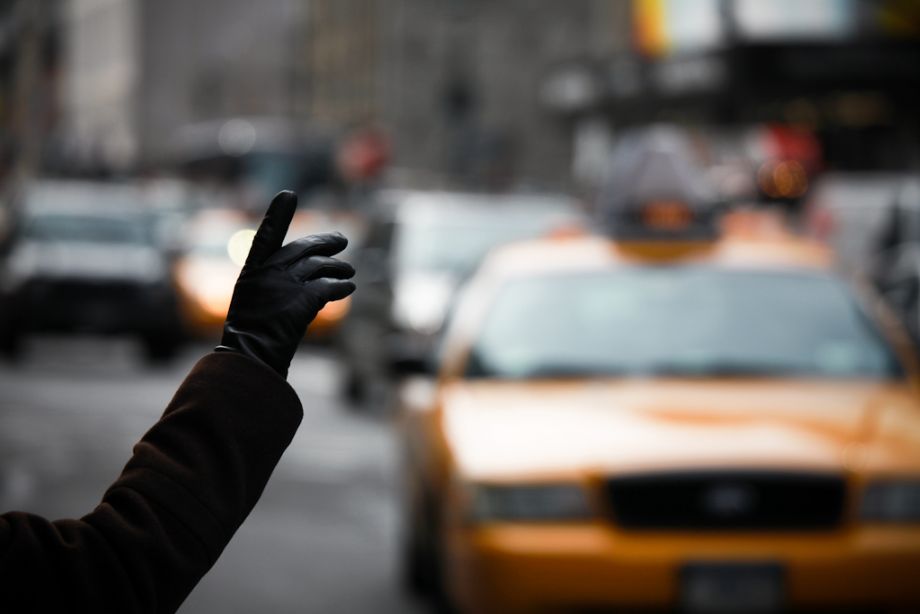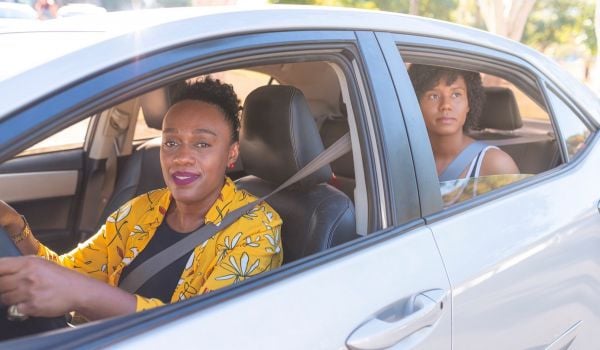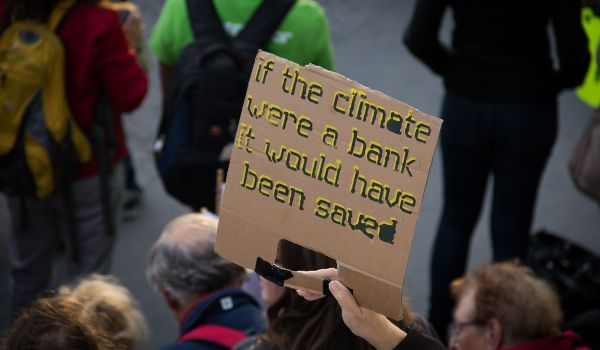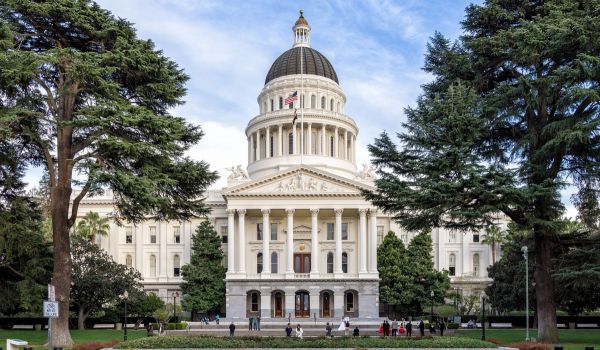Uber Strikes Deal With NYC Cabs to Improve User Experience
New Yorkers will soon be able to hail a cab through the Uber app. In a rare collaboration with their competitor, Uber has negotiated with New York City taxis to list yellow cab drivers on their app.
The Wall Street Journal reports that the agreement seeks to appease Uber’s driver shortage and help decrease rising fares. New York City is Uber’s largest market in the U.S. The deal is the first of the ride-hailing giant’s citywide partnerships though Uber has reached similar deals with overseas operators.
Part of the deal requires Uber drivers to “receive a minimum time and distance rate set by the Taxi and Limousine Commission (TLC).”
In a Twitter thread, New York Taxi Workers (NYTWA), a coalition of approximately 25,000 union NYC drivers, said they will push for negotations. Taxi drivers are asking for increased payment rates as rising gas prices, higher car costs and medallion payments all affect the livelihood of the workers on the road.
“If Uber, Curb, Arro think they can slide in with a payment structure that’s broken for Uber drivers and piece it together on the backs of yellow cab drivers, they’re in for a sobering surprise,” NYTWA tweeted. “Neither company will grow ridership without working out terms that work for drivers. We know who’s in the driver’s seat. And spoiler alert, it’s not a venture capitalist.”
Publicly Traded Companies May Soon Be Held Accountable for Their Greenhouse Emissions
The Securities and Exchange Commission (SEC) voted 3-1 to issue a proposal requiring publicly traded companies to include information about their greenhouse gas emissions. Corporations would have to acquire an independent certification of their estimates that would be provided in their annual SEC filings, The Wall Street Journal reports.
The decision comes after the Biden administration’s efforts to address climate change were stifled by Congress. Now the administration is relying on its agency to implement policy that reflects the president’s promises, though Republicans say that this proposal would go beyond the SEC’s jurisdiction to protect investors by disclosing information.
“Today’s action hijacks the democratic process and disrespects the limited scope of authority that Congress gave to the SEC,” Sen. Pat Toomey (R., Pa.) said in an emailed statement to the Journal. “This is a thinly veiled effort to have unelected financial regulators set climate and energy policy for America.”
But Democrats are not backing down. U.S. Treasury Secretary Janet Yellen who formally declared climate change an emerging risk to the nation’s financial stability said, “Investors and businesses have for years asked for reliable information that can be used to assess climate-related risks and opportunities.”
The proposal is open for public comment for the next two months before the SEC works on its final ruling.
Paused Student Loans Equal $194 Billion Waived Payments
A report by Liberty Street Economics found that the pause on student loans during the pandemic resulted in $195 billion worth of waived payments through April 2022.
While millions of borrowers were able to receive relief, an estimated 10 million borrowers with private loans or Family Federal Education Loans (FFEL) did not receive similar relief during the pandemic.
Delinquency rates are likely to increase on student loans as well as non-student and non-mortgage debt accrued over the past few years.
Calls for action vary among legislators. Some propose creditors not report missed payments to credit bureaus so as to not affect borrowers’ credit scores. Analysts from the report, however, say that suspension of reports will not stifle the existing repayment issues that are bound to arise.
This article is part of The Bottom Line, a series exploring scalable solutions for problems related to affordability, inclusive economic growth and access to capital. Click here to subscribe to our Bottom Line newsletter.

Solcyre (Sol) Burga was an Emma Bowen Foundation Fellow with Next City for summer 2021. Burga graduated from Rutgers University with a degree in political science and journalism in May of 2022. As a Newark native and immigrant, she hopes to elevate the voices of underrepresented communities in her work.
.(JavaScript must be enabled to view this email address)










_600_350_80_s_c1.jpg)







